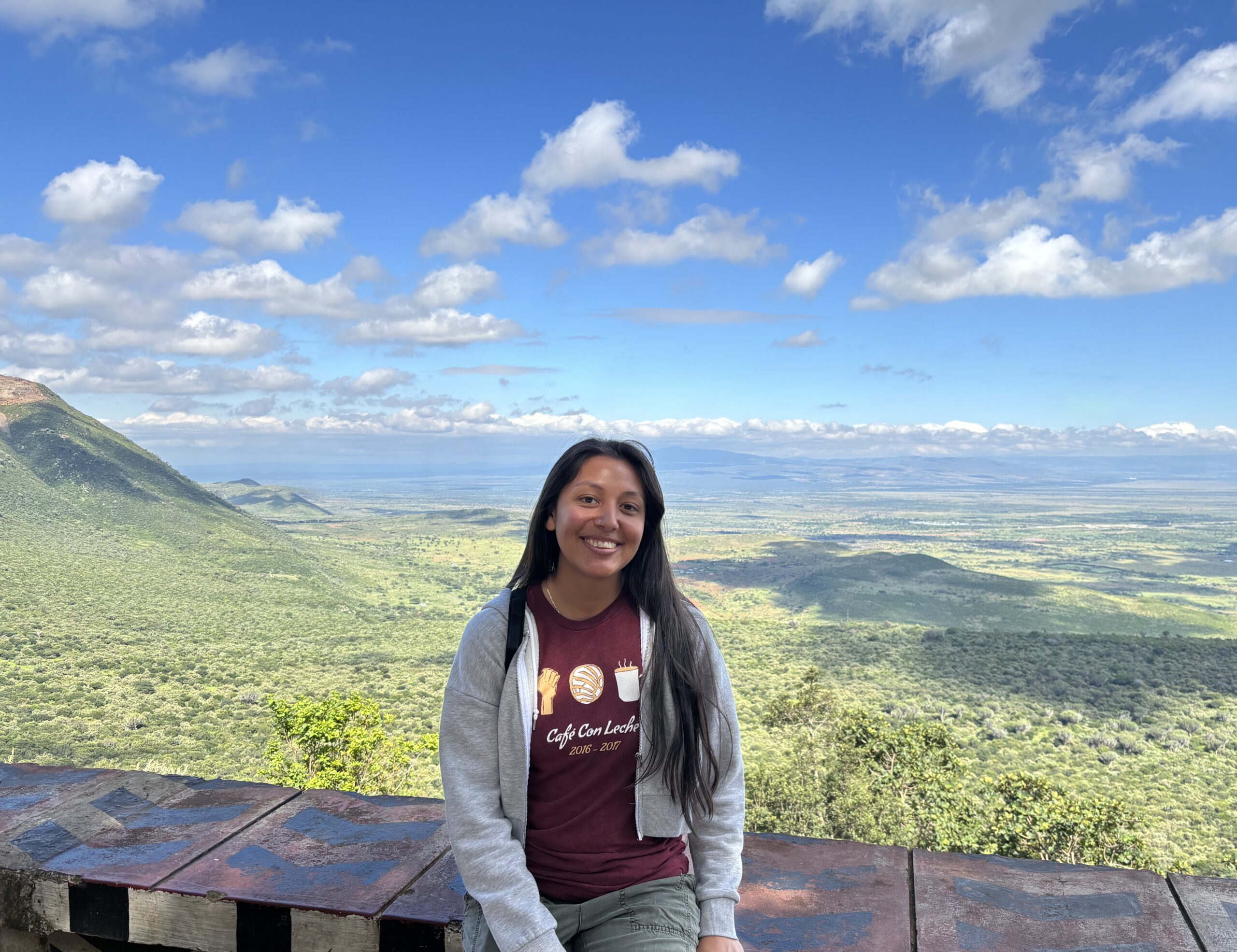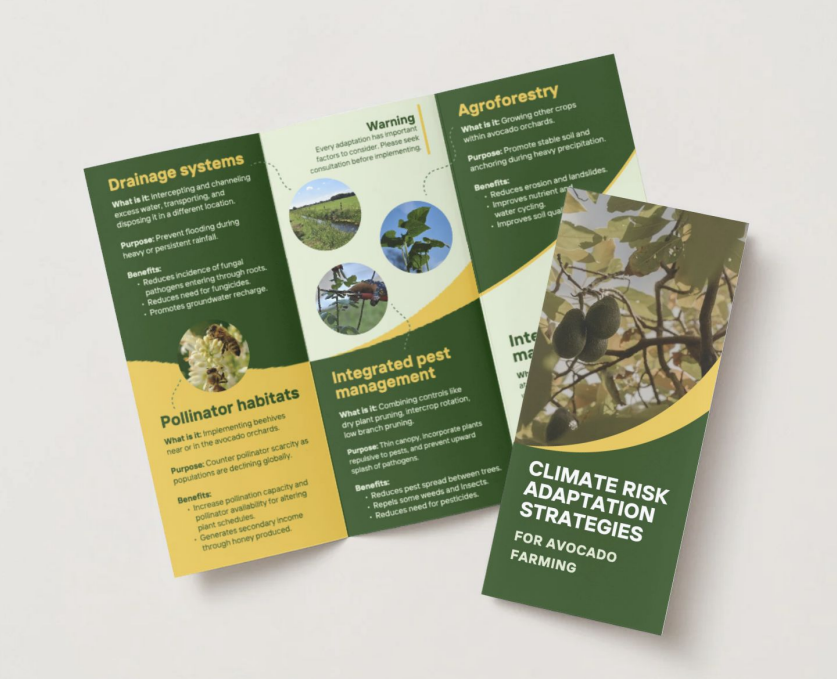
Yamilet Perez Aragon
Fellowship: Partners in Food Solutions
During her fellowship with FNII and Partners in Food Solutions, Yamilet Perez Aragon focused on leveraging sustainable practices to address two interconnected challenges in Kenya’s avocado sector: managing processing waste and enhancing climate resilience.
Recovering Processing Waste
Yamilet’s research centered on the transformation of cold-pressed avocado oil waste—which includes skins, seeds, and pulp—into value-added byproducts. With most of the original material ending up as waste and little oil being extracted, she assessed various recovery pathways including bioplastics and animal feed, ultimately identifying fertilizer as the most viable use. This route aligned with regional processing capabilities and sustainability goals.
Her recommendations focused on utilizing dehydration methods and regional aggregation of waste streams. By turning waste into organic fertilizer, processors could stabilize output through the avocado’s alternating yield cycles, improve soil health, and stimulate a regenerative feedback loop in the agricultural system.
To support this, she proposed systematic data tracking: measuring waste volumes recovered, understanding farmer motives for adoption, and analyzing impacts on soil and yield. These data would help evaluate the true added value for processors and inform future circular economy models across the sector.

Strengthening Climate Resilience
The second major focus of Yamilet’s project was the development of a climate risk assessment tailored to Kenya’s avocado supply chain. Recognizing gaps in farmer awareness and preparedness, she examined projections indicating increasing heatwaves, precipitation shifts, and greater flood risk—all of which threaten production viability.
Her assessment emphasized identifying vulnerabilities and outlining practical adaptation strategies. She engaged with literature, climate data, and farmer interviews to understand both ecological threats and human perceptions. Notably, financial barriers and a lack of access to actionable information were common obstacles to adaptation.
In response, Yamilet created a set of educational materials designed for use by extension officers working directly with farmers. These resources break down complex scientific insights into accessible guidance, aiming to boost farmer adoption of climate-smart practices and foster resilience at the farm level.
This body of work contributes not only to Kenyan avocado supply chains but also offers a scalable framework for sustainable agricultural development amid growing climate uncertainty.